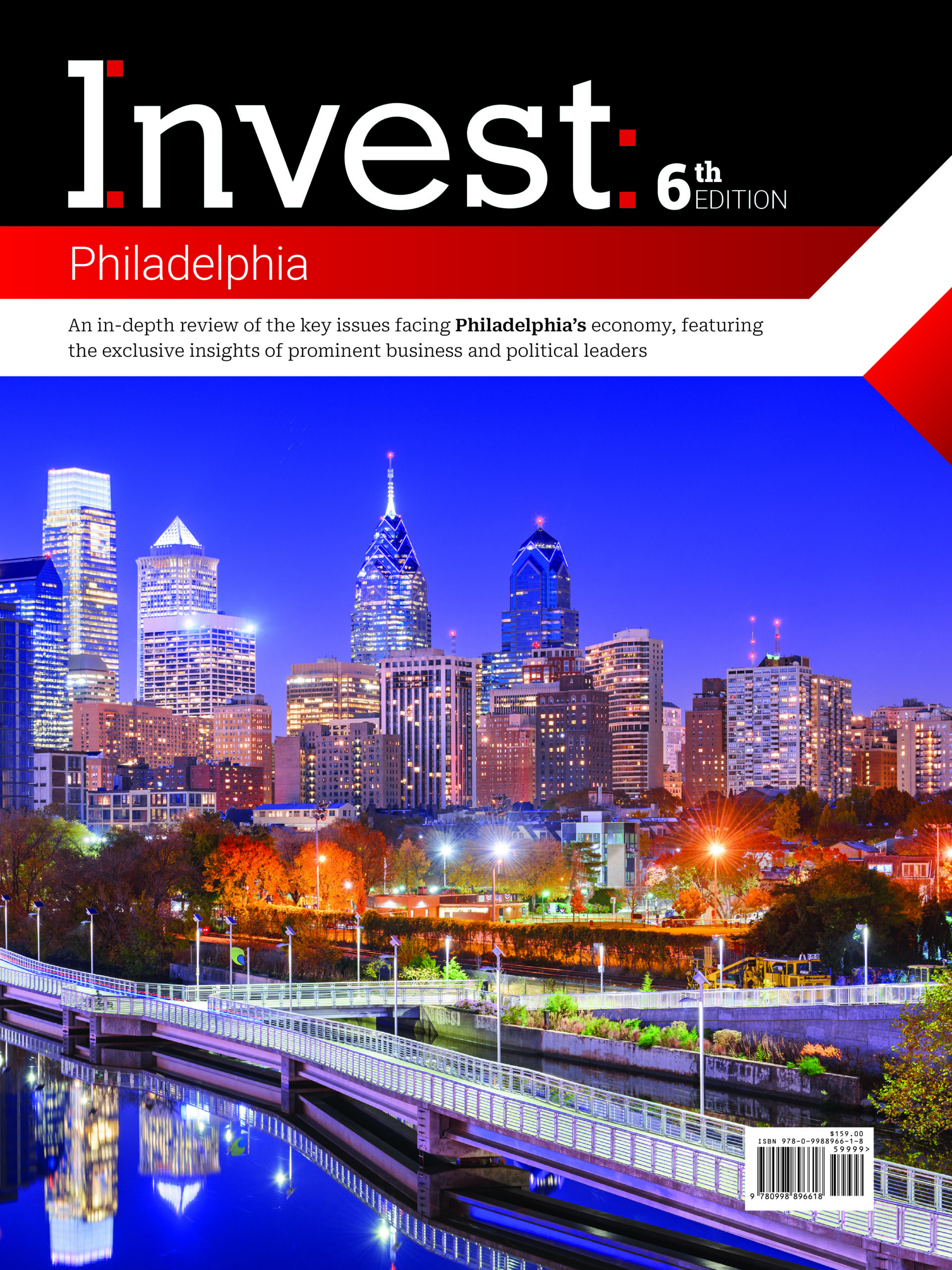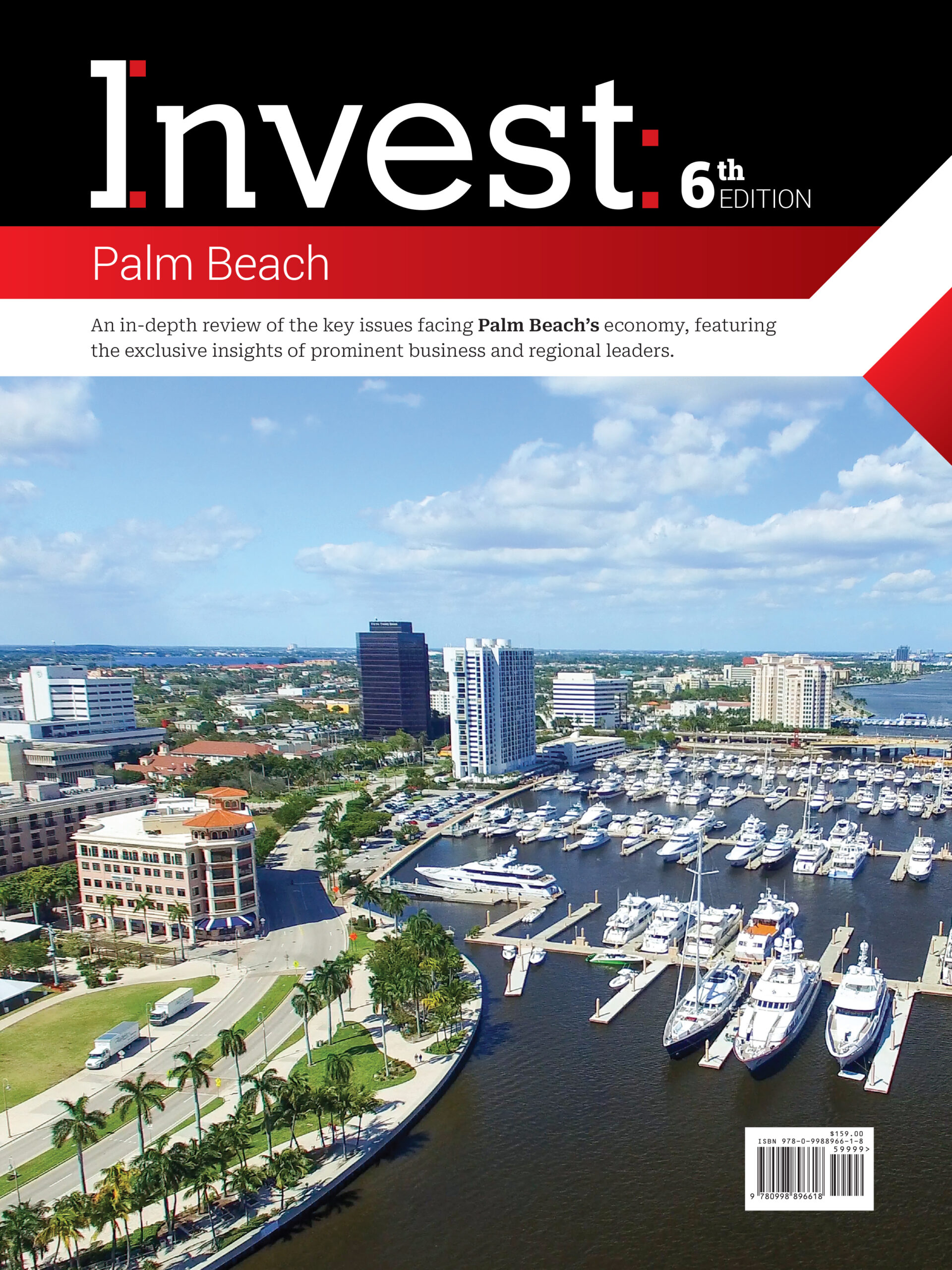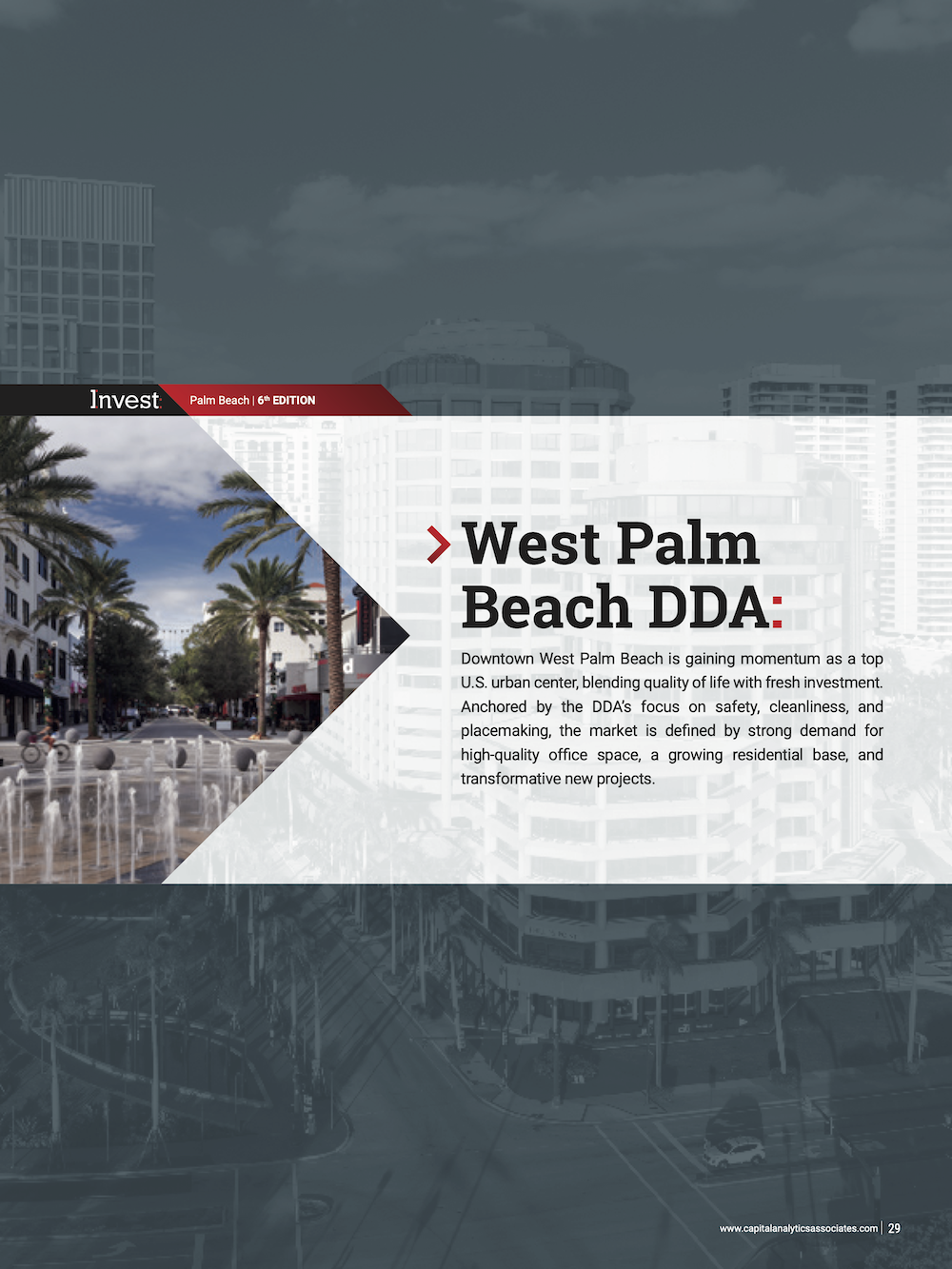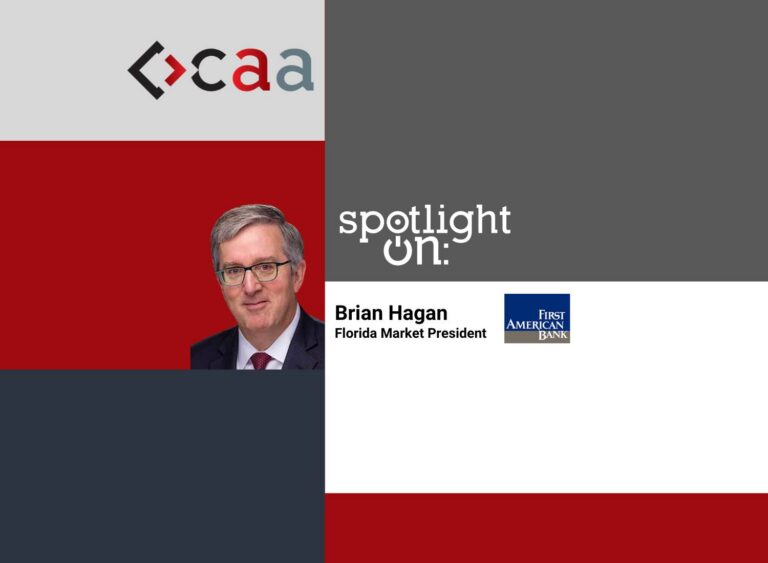Houston leaders explore trends driving sustainability and resilience in energy transition
Writer: Andrea Teran
 October 2024 — Houston, long synonymous with oil, gas, and energy, is rapidly transforming as industries shift toward sustainability and resilience. At the Invest: Houston 2024 launch event, the third panel, titled “Filling the Sustainability Gap: Trends and technologies shaping Houston’s path toward sustainability and resilience”, brought together leaders across sectors to discuss the energy transition. Moderated by Cody Cannon, Houston market co-president at Vantage Bank, the panel focused on Houston’s shift to sustainable energy sources, the impact of urban growth, and the planning needed to support future infrastructure.
October 2024 — Houston, long synonymous with oil, gas, and energy, is rapidly transforming as industries shift toward sustainability and resilience. At the Invest: Houston 2024 launch event, the third panel, titled “Filling the Sustainability Gap: Trends and technologies shaping Houston’s path toward sustainability and resilience”, brought together leaders across sectors to discuss the energy transition. Moderated by Cody Cannon, Houston market co-president at Vantage Bank, the panel focused on Houston’s shift to sustainable energy sources, the impact of urban growth, and the planning needed to support future infrastructure.
Ken Bullock, partner-in-charge at Frost Brown Todd, acknowledged Houston’s historical ties to oil and gas but emphasized the city’s ongoing diversification. “The reports of the death of oil and gas have been greatly exaggerated,” he said, paraphrasing Mark Twain. He highlighted Houston’s leadership in renewable energy: “Texas leads the nation in wind energy production and is set to surpass other states in solar capacity within the next five years. I’d give Houston an A+ for its sustainability efforts,” Bullock stated, citing both public and private investments in clean energy.
Recent projects underscore this progress, including the ExxonMobil Baytown hydrogen facility, where Abu Dhabi’s Adnoc Group recently acquired a 35% stake. The deal, reportedly worth billions, positions the Baytown facility to be one of the world’s largest low-carbon hydrogen production plants.
Echoing Bullock’s optimism, Ricky Sakai, senior vice president of new business development at Mitsubishi Heavy Industries America, highlighted Houston’s key role in the global energy transition. “We moved our headquarters from New York to Houston because 40% of our customers are in energy,” Sakai said. He discussed Mitsubishi’s active investment in local startups, focusing on geothermal energy and decarbonizing heavy industries. “Houston is recognized not only for oil and gas but as a technology-focused city,” he said, pointing to Houston’s sizable tech workforce of 230,000.
Ryan Ezell, CEO of Flotek Industries, emphasized collaboration between large energy companies, startups, and academia as crucial for driving sustainability. He noted Houston’s unique blend of resources, including 24 Fortune 500 companies and one of the largest U.S. ports. “We have to be very cognizant of reinvestment back into the community and how we look at sustainability and resiliency,” Ezell stressed. Flotek’s advancements in chemistry and data analytics, for instance, have helped optimize fuel efficiency and reduce environmental impacts in the energy sector.
[fusion_images order_by=”desc” picture_size=”auto” hover_type=”none” autoplay=”yes” autoplay_speed=”3000″ flex_align_items=”center” columns=”1″ column_spacing=”0″ scroll_items=”” show_nav=”yes” mouse_scroll=”no” border=”no” lightbox=”no” margin_top=”” margin_right=”” margin_bottom=”” margin_left=”” hide_on_mobile=”small-visibility,medium-visibility,large-visibility” class=”” id=”” caption_style=”off” caption_title_tag=”2″ fusion_font_family_caption_title_font=”” fusion_font_variant_caption_title_font=”” caption_title_size=”” caption_title_line_height=”” caption_title_letter_spacing=”” caption_title_transform=”” caption_title_color=”” hue=”” saturation=”” lightness=”” alpha=”” caption_background_color=”” fusion_font_family_caption_text_font=”” fusion_font_variant_caption_text_font=”” caption_text_size=”” caption_text_line_height=”” caption_text_letter_spacing=”” caption_text_transform=”” caption_text_color=”” caption_border_color=”” caption_overlay_color=”” caption_align_medium=”none” caption_align_small=”none” caption_align=”none” caption_margin_top=”” caption_margin_right=”” caption_margin_bottom=”” caption_margin_left=”” parent_dynamic_content=””] [fusion_image image=”https://capitalanalyticsassociates.com/wp-content/uploads/2024/07/CAA24_Invest-Insights-S6-Web-Banners-7.jpg” image_id=”64377″ image_title=”” image_caption=”” link=”” linktarget=”_self” alt=”” /] [fusion_image image=”https://capitalanalyticsassociates.com/wp-content/uploads/2024/07/CAA24_Invest-Insights-S6-Web-Banners-10.jpg” image_id=”64380″ image_title=”” image_caption=”” link=”” linktarget=”_self” alt=”” /] [fusion_image image=”https://capitalanalyticsassociates.com/wp-content/uploads/2024/07/CAA24_Invest-Insights-S6-Web-Banners-9.jpg” image_id=”64379″ image_title=”” image_caption=”” link=”” linktarget=”_self” alt=”” /] [fusion_image image=”https://capitalanalyticsassociates.com/wp-content/uploads/2024/07/CAA24_Invest-Insights-S6-Web-Banners-8.jpg” image_id=”64378″ image_title=”” image_caption=”” link=”” linktarget=”_self” alt=”” /] [/fusion_images]
Supporting these initiatives, institutions like the University of Houston recently secured $17 million in federal funding for decarbonization and emissions research. This includes the Houston Hydrogen Transportation Pilot, which aims to optimize hydrogen supply for zero-emission vehicles, further cementing Houston’s role in leading the energy transition.
Houston’s Climate Action Plan, which targets net-zero emissions by 2050, served as a key backdrop for the conversation. Ezell praised the city’s pragmatic approach, noting, “Houston is not just setting aspirational goals; it’s making tangible progress.” Recent developments, such as a $2 million federal grant to install solar panels and battery storage at a community-serving municipal facility, demonstrate the city’s commitment to sustainability and equity. This project, part of the Climate Action Plan, aims to improve energy resilience and create climate resilience hubs to better respond to extreme weather events.
The panelists also discussed how Houston’s existing infrastructure could be leveraged for the energy transition. Sakai highlighted Mitsubishi’s partnerships with startups in energy storage and high-temperature superconductor technology, crediting Houston’s startup-friendly ecosystem for fostering innovations that support the city’s sustainability goals.
Ezell addressed the city’s growing population and its impact on infrastructure. “With Houston projected to grow by 1.5% annually over the next five years, we need to focus on energy diversification and long-term sustainability,” he noted. “As the population grows, we must design for the future, not just for passing regulations today.”
Bullock emphasized the critical need for energy storage to make renewable sources like wind and solar more reliable. “Storage capacity is essential. We have the generation capacity, but the challenge is ensuring energy availability when needed,” he said. “Collaboration between industry, startups, and policymakers will drive progress.”
To read the brand-new Invest: Houston 2023-2024 report, click here. (Subscription required.)
For more information, please visit:













